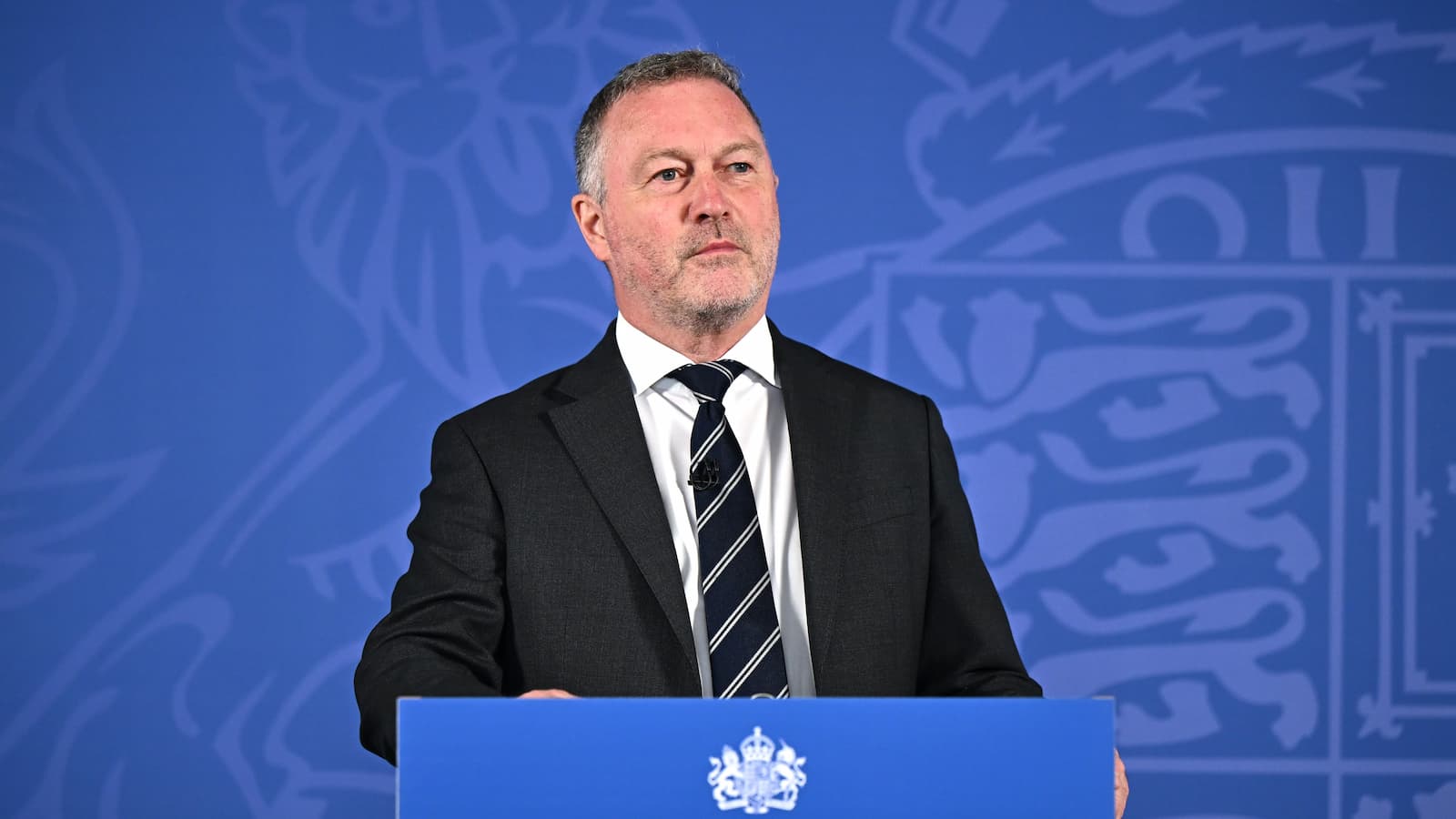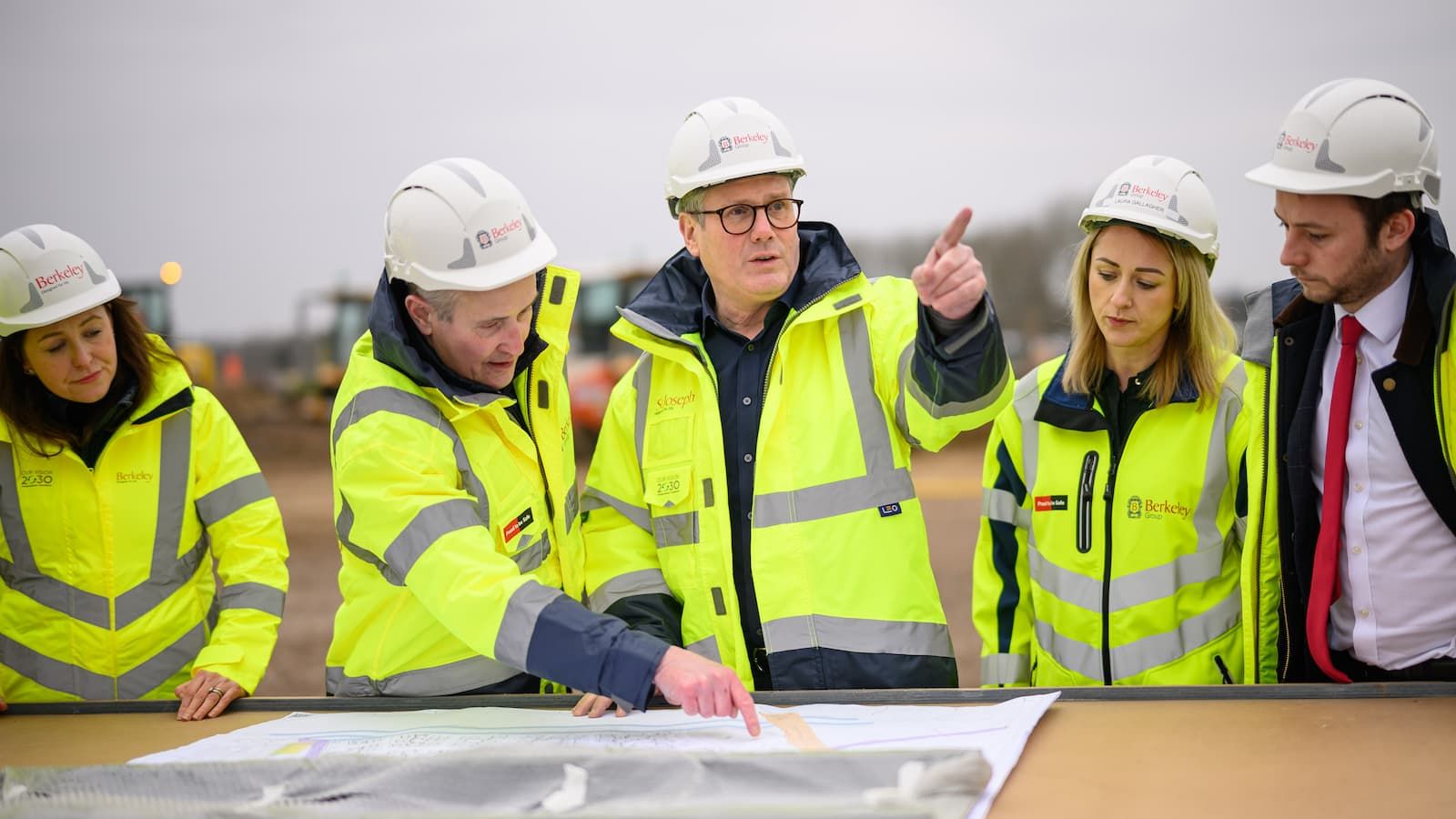The government’s promise to deliver 1.5 million new homes in England by 2029 has been branded “absolutely impossible” by one of Britain’s most respected housing economists.
Speaking on BBC Panorama’s The Race to Build 1.5 Million Homes, Professor Paul Cheshire warned that the scale of the target “cannot be done” within the next five years.
He said there was “absolutely no way” the government could meet its pledge, pointing to chronic planning delays, skills shortages and the rising costs to build homes have already slowed the pace of housebuilding.
Industry reaction: a reality check on delivery
Cheshire’s remarks echo long-standing concerns in the building industry that the government has underestimated the scale of the challenge.
While ministers talk about a “new era” of construction, Labour in their first year in charge have seen around 186,600 homes built, far below the 300,000 a year needed to meet the target.
Builders told Panorama that even well-planned developments are stalling under the weight of red tape, cost inflation and a lack of skilled labour.
One senior figure said that “every new condition, tax or delay pushes another project off the table,” warning that optimism alone won’t be enough to build homes.
Criticism of the ‘grey belt’ plan
Panorama also scrutinised the government’s proposal to free up so-called “grey belt” land, areas of poor-quality green belt that could be used for new housing.
Professor Cheshire dismissed the policy as “fuzzy and politically convenient,” arguing that it would do little to unlock large-scale development.
“They’ve left it to the fuzziness of the planning system and therefore to local lobbying, and it won’t happen,” he told the programme.
Critics say the policy leaves councils unsure which sites qualify for planning permission and risks endless disputes over definitions, threatening to mire projects in more bureaucracy rather than less.
Reed says ‘my job should be on the line’

Housing Secretary Steve Reed told Panorama he was “absolutely confident” the 1.5 million homes target would be delivered, and that his “job should be on the line” if it is not.
He said: “If we don’t deliver, I don’t deserve to be in this post.”
Reed insisted that forcing councils to adopt local design codes within 30 months, rather than the current seven-year average, would help “unblock the system” and accelerate building.
But the programme exposed the gulf between political ambition and practical delivery, a race against time in which success, as Cheshire warned, “looks increasingly out of reach.”
View the original article and our Inspiration here


Leave a Reply